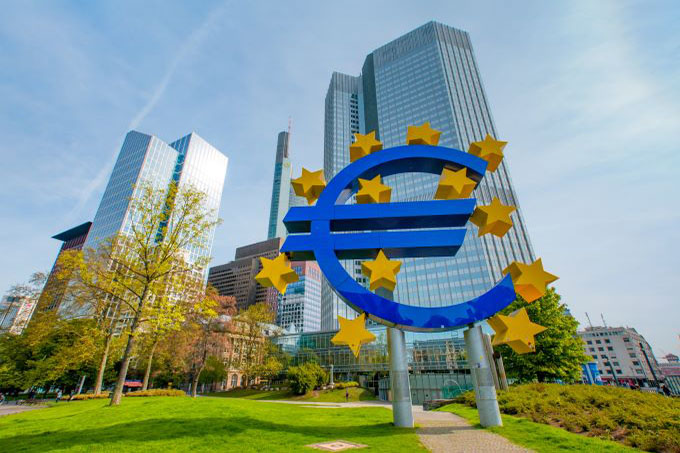The following are the most recent pieces of Forex fundamental analysis from around the world. The Forex fundamental analysis below covers the various currencies on the market and the most recent events, announcements, and global developments that affect the Forex market.
Most Recent
In their heyday, junk bonds were the hottest financial property on the planet. Junk was largely re-invented by Michael Milken in the 1970s from bonds known as “Fallen Angels”; the poetic name given to an investment grade bond issue from a respectable corporation which fell on hard times.
Last week saw the world’s major stock exchanges all close lower. In Europe over the course of the week, the FTSE shed 1.0%, closing at 5996; the Dax lost 0.54% to close at 7178.29; the CAC fell by 2.2% to end the session at 3974.5.
The US is the world’s largest economy, but it also has a mammoth public expenditure deficit which currently stands at $1.4 trillion and it is anticipated that it will hit $1.5 trillion in the course of the year.
Top Forex Brokers
UK inflation has been well above its target level for many months and this has fuelled speculation that the Bank of England’s Monetary Policy Committee (MPC) would vote to increase interest rates above their record low level of 0.5% this month or next.
The world's second largest economy has published its first quarterly trade deficit in seven years. Figures for Q1 2011 show that the trade deficit stood at $1.02 billion.
Iceland was hard hit by the financial crisis. The Icelandic banks had cumulative debts totalling six times the nation’s GDP in the autumn of 2008 and, in the gathering financial storm, no means of refinancing the debt.
Last week was a mixed affair for the world’s major stock exchanges. In Europe over the course of the week, the FTSE made 0.76%, closing at 6055.8; the Dax gained 0.52% to close at 7217.02; the CAC put on 0.18% to end the session at 4061.91.
The dollar continued to slide on Friday though a last minute deal on the U.S. budget preventing a U.S. government shutdown slowed the fall.
All of the world's major central banks adopted a policy of reducing interest rates to stimulate growth during the worst of the global financial recession. The ECB move is the first by a major central bank to increase rates.
Bonuses & Promotions
In a move that has come as a shock to nobody, the Portuguese caretaker prime minister, Jose Socrates, approached the EU yesterday with a request for discussions about financial assistance.
With the costs of reconstruction after the March 11th earthquake and tsunami put at $309 billion, an on-going crisis at the Fukushima nuclear power plant and rolling power cuts still hindering industrial output, the Bank of Japan has a lot to think about as it meets today.
Typically, in an economic cycle following a recession, growth and re-employment are much stronger than has been the case this time, however, some good news does seem to be on the horizon.
Subscribe
Sign up to get the latest market updates and free signals directly to your inbox.All of the major markets managed to close higher last week and, with the exception of the Nikkei, have recovered the losses made in the wake of the Japanese earthquake and tsunami.
The current Tankan survey was largely (72%) concluded prior to the devastating earthquake and tsunami which hit north eastern Japan on 11th March.
It is widely expected that Irish banks will require a further provision of €30 billion to ensure liquidity.




